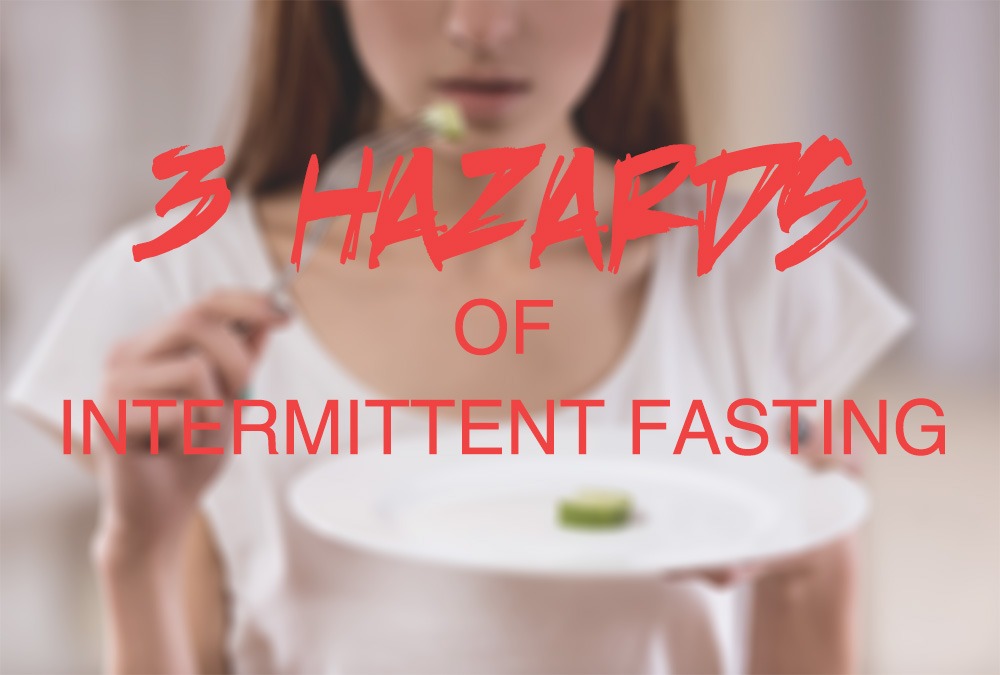Mon - Fri 9.00 - 17.00
Call us +1 (888) 825-9321

Intermittent fasting (IF) is considered by the medical community to be a safe, effective method for losing weight and improving overall health. Not only does anecdotal evidence reveal that IF can help dieters lose weight while reducing body fat percentage and dropping inches, but studies have also linked fasting to a lower risk of inflammation, heart disease, and even cancer. And according to a 2016 study out of the University of Illinois, intermittent and alternate-day fasting show strong promise as alternatives to calorie reduction for losing weight and reducing the risk of type 2 diabetes.

However, like all dietary trends, IF isn’t for everyone. Depending on your health and lifestyle factors, intermittent fasting might not be the best or safest choice. If you’re thinking of giving IF a try, keep these potential hazards of intermittent fasting in mind and talk to your doctor about any concerns.

Eating disorders are disturbingly common in the United States. In fact, the National Association of Anorexia Nervosa and Associated Disorders estimates that 30 million people currently suffer from one of these conditions. Even more frightening, eating disorders have the highest mortality rate among mental illnesses. If you have a history of eating disorders, you might want to avoid IF, as the cycle of eating and fasting could trigger a recurrence. Additionally, individuals who suffer from disordered eating might feel guilt or shame during the “eating” periods and frustration or deprivation during the fasting times.

Intermittent fasting can be an effective way to cut calories without depriving yourself of the foods you enjoy. However, some dieters have a tendency to over-consume their favorite treats during the eating periods. If you’re on the Alternate-Day Fasting Plan, for example, and you’re craving a brownie on a deprivation day, you might wait until an eating day and then eat a whole tray of brownies. Consuming a large amount of potentially reactive foods, like gluten and dairy, can lead to long-term gut issues and even food intolerances down the line.

One of the dangers of adopting an IF diet is that you might start to think it’s a solution to all your problems. Unfortunately, no diet offers a 100% guarantee of results. Moreover, fasting a few hours a day—or a few days a week—won’t necessarily keep you from gaining weight over the long haul. If you want to drop pounds while improving overall health, you also need to eat healthy, exercise, and avoid bad habits like smoking and drinking excessively.
Find the Dietary Method That’s Right for You
The fact is that intermittent fasting is just one part of a regimen for healthy living. If you think IF might be right for you, contact a doctor to discuss your needs and lifestyle. With a little luck, and a lot of hard work, you’ll soon be on your way to good health.
